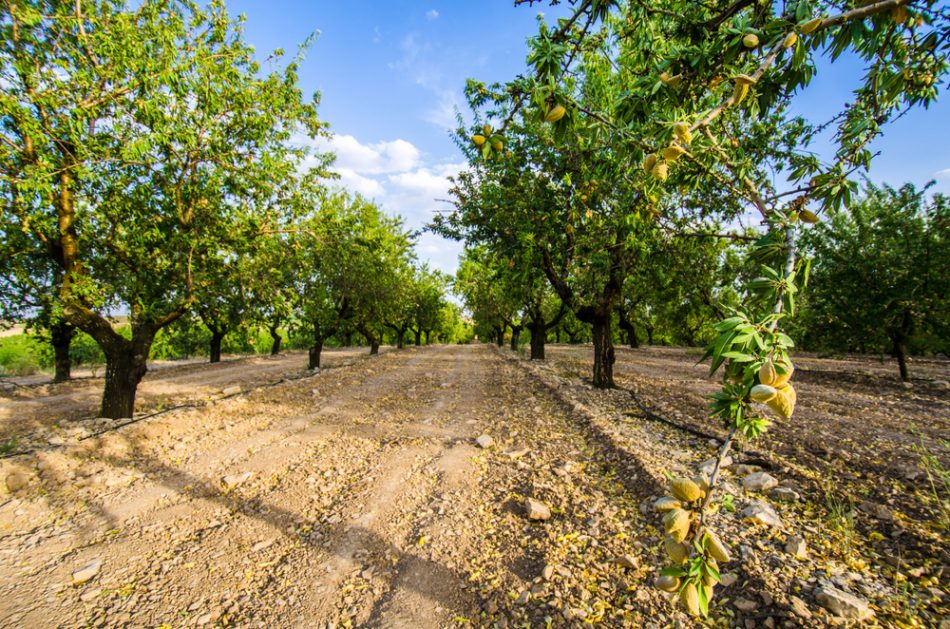Bee pollination is essential to coaxing fruit from almond trees, with almond growers in the US renting about 1.5 million colonies of honeybees per year to produce about 80 percent of the world’s almonds. But between the stress of relocating, the increased exposure to disease from other populations, and the lack of other food sources in the region, entire colonies have died over the last decades.
Now, giant snack company Kind, one of the largest buyers of almonds in the world, is using its reputation to become the first snack company to exclusively source the almonds for their namesake KIND bars from bee-friendly farmland across the globe by 2025.
As part of the initiative, the company is working together with almond suppliers and researchers to encourage bee-friendly practices, including reserving 3 to 5 percent of farmland for dedicated pollinator habitat, as well as eliminating pesticide treatments that are harming the pollinators.
The KIND Foundation is also making a $150,000 investment in the Williams Lab at the University of California. The research lab will focus on answering pressing questions about the health of pollinators and assess the effectiveness of these novel farm-level interventions.
“We do hope that what we’re doing in trying to provide options for diversification of landscapes and working with grower partners and others to develop really practical strategies for implementation will help move the dial in the right direction and away from practices which are more harmful to ones which are more regenerative,” said Neal Williams, an entomology professor at the Williams Lab.











